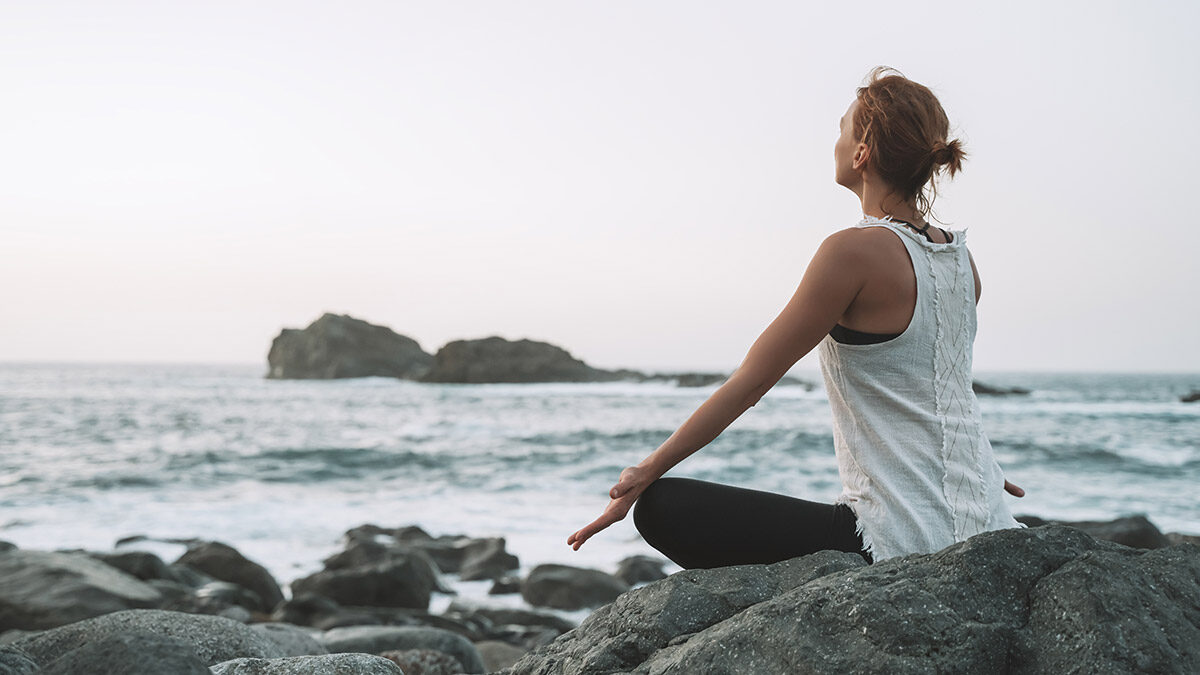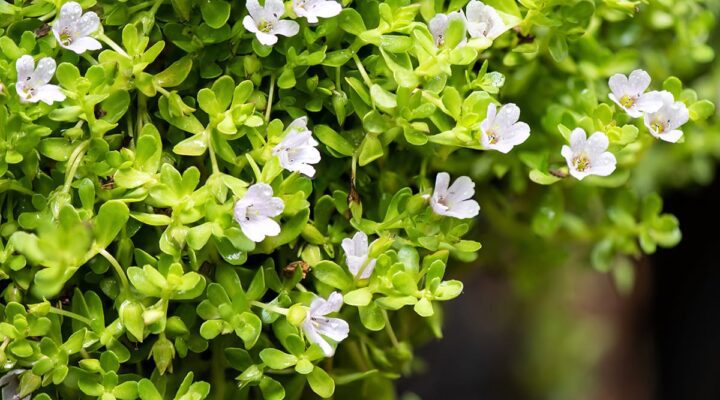Could Silence Be The Key to Better Mental Health?

Ambulance sirens, barking dogs, aeroplanes flying overhead: our daily lives are filled with too much noise. Along with being incredibly distracting, the World Health Organization has revealed that our noisy world is an underestimated threat to our health – at least one million healthy life years are estimated to be lost every year from traffic-related noise in the western part of Europe alone.
With an increasing amount of digital noise to contend with too, like non-stop phone alerts and social media updates, it’s unsurprising that more of us are feeling stressed, anxious, and on the brink of burnout than ever before.
But instead of spending money de-stressing with expensive massages and high-tech wellness gadgets, a new school of thinking suggests that we already have the tools to combat stress at our disposal. All we need to do is find a quiet space to access them.

Why is silence good for us?
We’ve all experienced the irritation of intrusive noises like loud music or car alarms at night. One major way this can affect us is by keeping us awake when we should be sleeping. While one night of bad sleep won’t cause any long-term damage, chronic sleep disturbances can wreak havoc on our mental and physical health. Without quality sleep, we face a higher risk of various diseases and even premature death.
Generally, noise pollution affects millions of people on a daily basis and has been found to be present both on land and in our seas, impacting humans, animals and marine life. According to recent scientific research, excessive noise is a persistent invisible danger to health, and numerous studies have linked it to health issues like high blood pressure, heart disease, and stroke.
Our mental wellbeing can take a big knock too. Scientists believe that our primitive brains are constantly on alert for potential threats, even during sleep. As a result, living in an area with a constant hum of traffic, sirens, or street noise can trigger higher levels of stress, anxiety, and depression.
While we may learn to ‘tune out’ the noise consciously, our subconscious mind continues to process it. In this way, prolonged exposure to loud or disruptive noise can have major adverse effects on our overall wellbeing, even if we aren’t fully aware of them.
Worryingly, studies show that noise levels in our cities have been steadily increasing over the years, making the problem seem persistent and beyond our control. As a response, people are now actively seeking tranquility in various ways, such as taking a peaceful countryside weekend getaway or participating in silent retreats.
Silent retreats, which have been around for centuries and have their origins in the Buddhist practice of Vipassana, meaning ‘insight, have evolved into modern, secular luxury retreats that are often not tied to any specific religious tradition. They offer people an opportunity to disconnect from the noise and distractions of the modern world, providing a space to reset, recharge, and relax.
While many of us may instinctively feel that peace and quiet are generally beneficial, there is scientific research to back up the theory. Studies have linked silence to improved concentration, enhanced creativity, better sleep, reduced stress, and lower blood pressure. In fact, a 2006 study found that just two minutes of silence after listening to music significantly lowered heart rate and blood pressure, more effectively than playing slow, relaxing music.
“Periods of silence give us the opportunity to check in with ourselves and figure out how we are really feeling,” agrees BACP registered counsellor Georgina Sturmer. “If we’re feeling anxious, silence gives us the chance to tune into the rollercoaster of thoughts inside our head and to challenge negative thought patterns before they spiral. Periods of silence can also help us to calm our breathing and soothe feelings of panic that might be overwhelming our body.”
Sturmer believes it can have a positive effect on depression too. “Silence offers us the opportunity to gain perspective and reconnect with the world around us. It might initially feel uncomfortable, but periods of silence can offer us a chance to untangle the feelings that lie beneath our depression.”

How to incorporate more silence into daily life
In today’s busy world, escaping noise completely is practically impossible, especially if we live in an urban environment. However, there are ways we can carve out more quiet time:
Set a timer:
Instead of taking work breaks to scroll through TikTok videos, allocate this time of day for complete silence, and set a timer to ensure you stick to it.
This could be as short as 10 minutes or as long as an hour, depending on your schedule. Use this time for introspection, meditation, or simply to unplug and clear your mind.
Swap podcasts for silence:
One simple way to block out harmful external sounds is to invest in noise-cancelling headphones.
Instead of blasting out music or podcasts, try putting on your noise-cancelling headphones without playing any audio content. This allows you to create your personal oasis of silence, whether you’re at home, in a coffee shop, or on public transport.
Connect with nature:
Make it a daily priority to spend time in nature, such as parks, forests, or near bodies of water. While these places may still have natural sounds like birdsong, the overall atmosphere is far more soothing than the noise of the city.
Nature also provides an excellent backdrop for quiet contemplation. And as an added bonus, it’s great for our wellbeing too, as a recent study found that spending just 20 minutes immersed in a natural setting can help to significantly reduce levels of the stress hormone cortisol.
Start your day mindfully:
If you live with other people, wake up a bit earlier than usual to enjoy a peaceful, noise-free morning.
Use this time to practice mindfulness, set intentions for the day, or engage in a calming morning routine before the rest of the house rises. Just make sure to avoid the urge to check your phone or engage in activities that immediately introduce noise and distractions.


















